
ABOUT THE EUROPEAN HEMATOLOGY ASSOCIATION
EHA
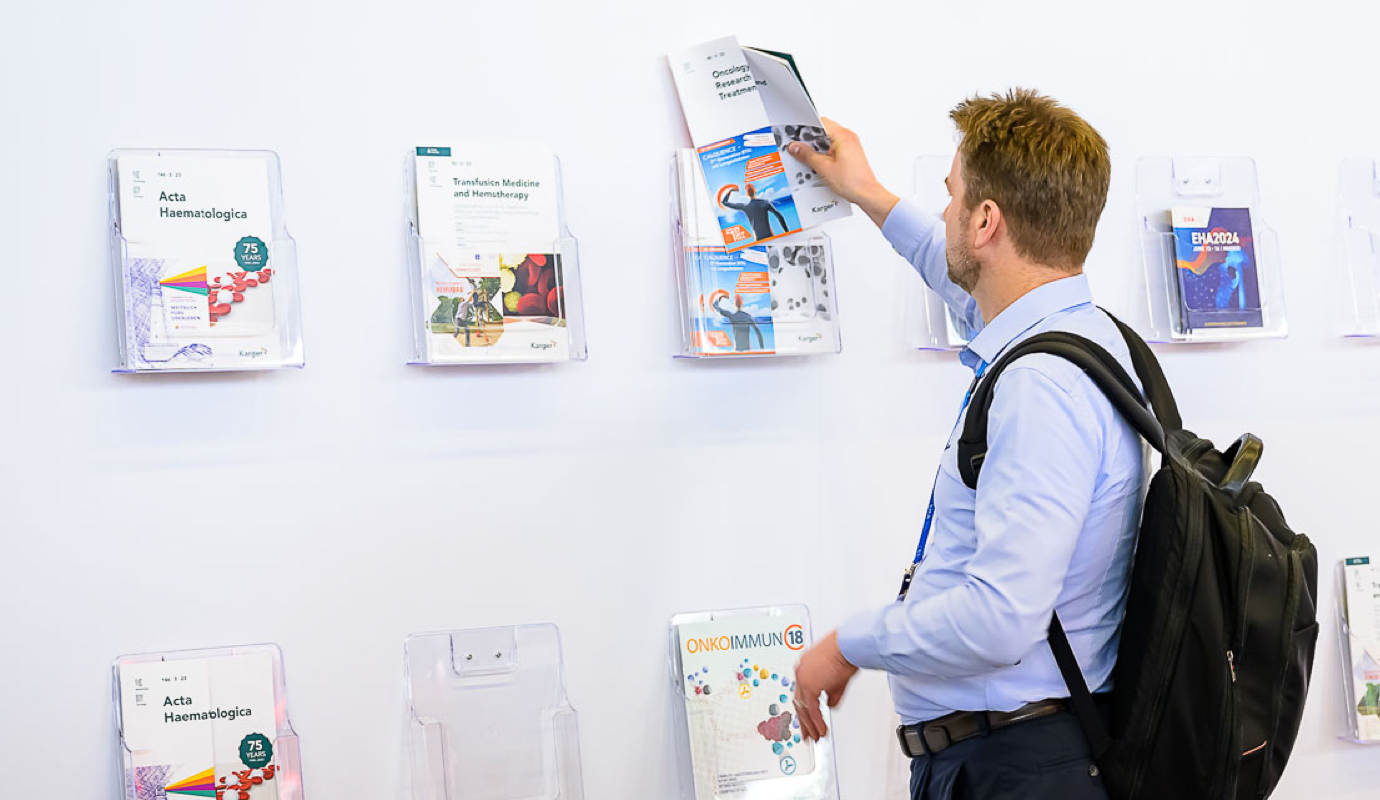
30+ years serving the
hematology community
EHA is Europe’s largest membership organization to serve healthcare professionals with an active interest in hematology. Powerfully focused, we work with researchers, clinicians, patient support groups, members and other stakeholders towards a cure for all blood disorders. We believe strongly in our core values of independence, integrity, and transparency, and in consistently delivering on our mission statement of promoting excellence in patient care, research, and education in hematology.
We are strongest together.


EHA Board
The EHA Board is the governing body of the association and deals with issues of policy. The Board sets goals and objectives of the association in conformity with EHA’s statutes.
In addition to work planning and budgeting, the board played a pivotal role in 2023 by participating in the organization’s revamp process, defining core values, and setting strategic priorities.
The EHA Board is composed of six Executive Board members and ten councilors.
Executive Board:
Prof Antonio Almeida
President
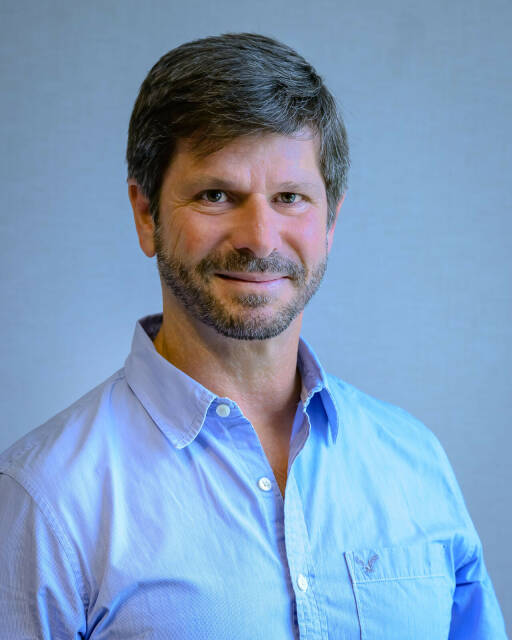
Prof Elizabeth Macintyre
Past President

Prof Konstanze Döhner
President Elect
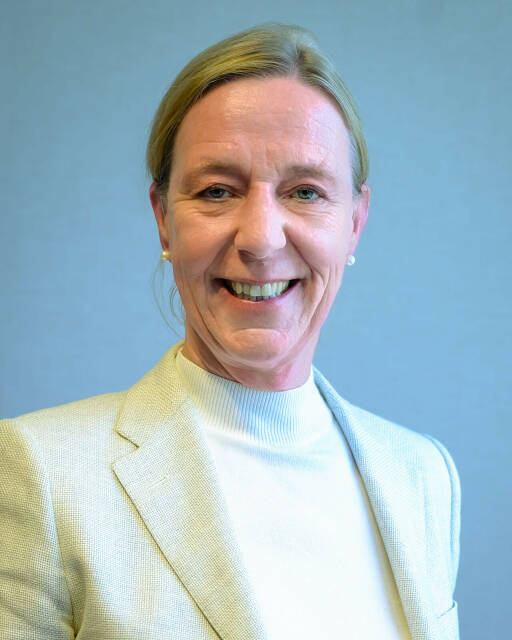
Prof Martin Dreyling
Treasurer
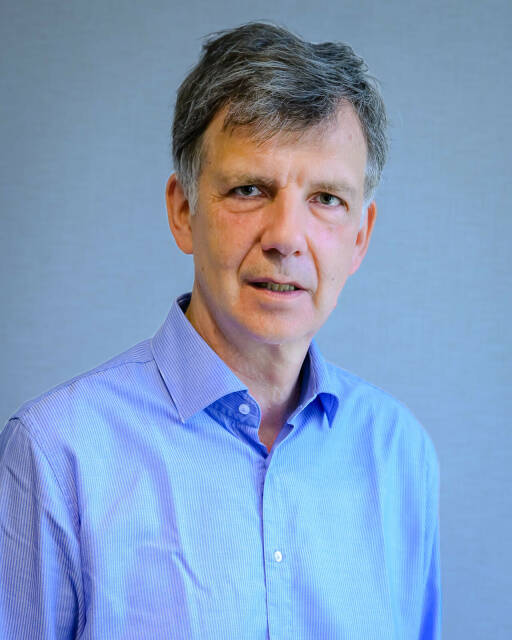
Prof Brian Huntly
General Member
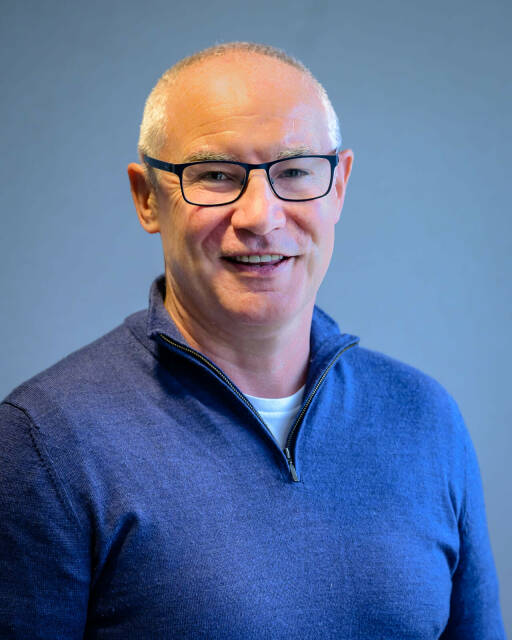
Prof Kirsten Grønbæk
Secretary
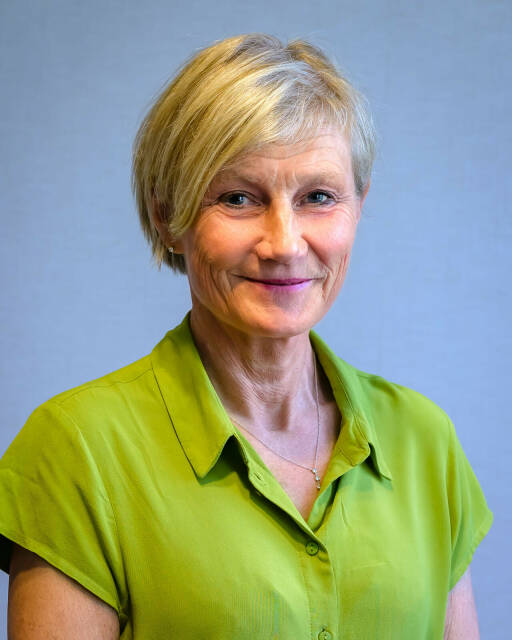
EHA Committees and units
EHA is composed of 19 active committees and units set up by the board to perform specific tasks and activities:
Community and Stakeholder Committee (CSC)
The CSC promotes the value of EHA and membership by providing guidance on membership strategies, engaging EHA members, building online communities, and collaborating with National Societies and Sibling Societies.
They aim to share knowledge with hematology communities in less-resourced countries and create new opportunities for all stakeholders.
Curriculum-Exam Committee
The Curriculum-Exam Committee aims to promote harmonization in hematology training by offering tools and programs that support this, such as the European Hematology Curriculum and the European Hematology Exam.
European Board for Accreditation in Hematology (EBAH)
EBAH promotes harmonized high-quality Continuing Medical Education (CME) to provide the highest possible standard of patient and public healthcare within Europe.
It aims to be the reference accreditation board in Europe for unbiased and transparent CME in Hematology.
Education Committee (EC)
The EC promotes excellence in hematology education through high-quality learning programs online, live meetings, and blended methods. Harmonizing hematology education is driving all ECs programs, activities, and actions.
EHA-ASH TRTH Joint Oversight Committee
The EHA-ASH TRTH Joint Oversight Committee aims to support translational researchers in their career development through the EHA-ASH Translational Research Training in Hematology (TRTH).
European Affairs Committee
The European Affairs Committee represents and promotes the interests of hematology and hematologists by engaging with EU institutions and other relevant stakeholders.
Fellowships and Grants Committee (F&GC)
The F&GC is responsible for assigning EHA funding to talented researchers.
Good Governance Committee (GGC)
The GGC is responsible for guarding EHA’s image, position, and performance as a non-profit membership organization for the public benefit, according to international standards and procedures on good governance.
Guidelines Committee (GC)
The aim of the GC is to promote and support the creation and adoption of guidelines for diagnosis and treatment of hematologic diseases, in close collaboration with EHA Specialized Working Groups.
HemaSphere Editorial Board
The Editorial Board reviews and selects articles, promotes HemaSphere, represents the journal, and ensures its quality and growth, aiming to establish it as a reputable society journal for European hematology research and related scientific news.
Nomination Committee (NC)
The NC ensures the quality of the EHA Board by considering scientific and educational backgrounds, and by balancing competencies, fields of interest, geography, and gender. The NC is also responsible for the nomination and ballot of EHA’s Education & Mentoring Awards.
Online Case Unit
The Online Case Unit ensures the quality and consistency of all cases presented at EHA Tutorials and available
on the EHA Campus.
Patient Advocacy Committee (PAC)
The PAC brings European umbrella patient organizations in hematology together to ensure patient voices are heard in EHA. The establishment of this committee reflects the importance of establishing an ongoing, mutually beneficial dialogue between hematology professionals and patients.
Research Committee (RC)
The RC is responsible for further strengthening EHA’s interactions with, and relevance for the wider hematology research community by improving existing activities and developing new initiatives.
Scientific Program Committee (SPC)
The Scientific Program Committee is responsible for creating a scientific and educational EHA Congress program that stands out in excellence and includes latest insights in hematology research and clinical practice.
Scientific Program Committee (SPC) Advisory Board, EHA Congress 2024
The Advisory Board supports the SPC with the creation of a scientific and educational EHA Congress program that stands out in excellence, and includes the latest insights and findings in hematology research and clinical practice.
Sponsor and Fundraising Committee (F&SC)
The F&SC is responsible for generating financial resources to support EHA’s activities through an attractive sponsor program and diversify the sources of income by launching new sponsor programs.
SWG Committee
The SWG Committee is the coordinating body of the EHA Specialized Working Groups, which aims to strengthen collaboration between the different SWGs and between EHA and SWGs. Its members are selected within the SWGs and by the SWG Committee.
YoungEHA Committee
YoungEHA represents the voice of young hematologists and junior members within EHA.
A full description of their goals and responsibilities is available here.
The EHA Board and its committees are supported by the Executive Office, located in The Hague, the Netherlands. An international team of staff works in a dynamic, collaborative, and open environment, taking pride in serving the hematology community in Europe and beyond.

BACK UP
The 2023 board councilors are: Prof Meritxell Alberich Jorda, Prof Hermann Einsele, Prof Mariane de Montalembert, Prof Maria Chiara Bonini, Prof Jean-Pierre Bourquin, Prof Frank Leebeek, Prof Jose Maria Ribera, Prof Raul Cordoba, Prof Dominique Bonnet, and Prof Margarita Guenova.
Find further details about the board here.

ABOUT THE EUROPEAN HEMATOLOGY ASSOCIATION
EHA
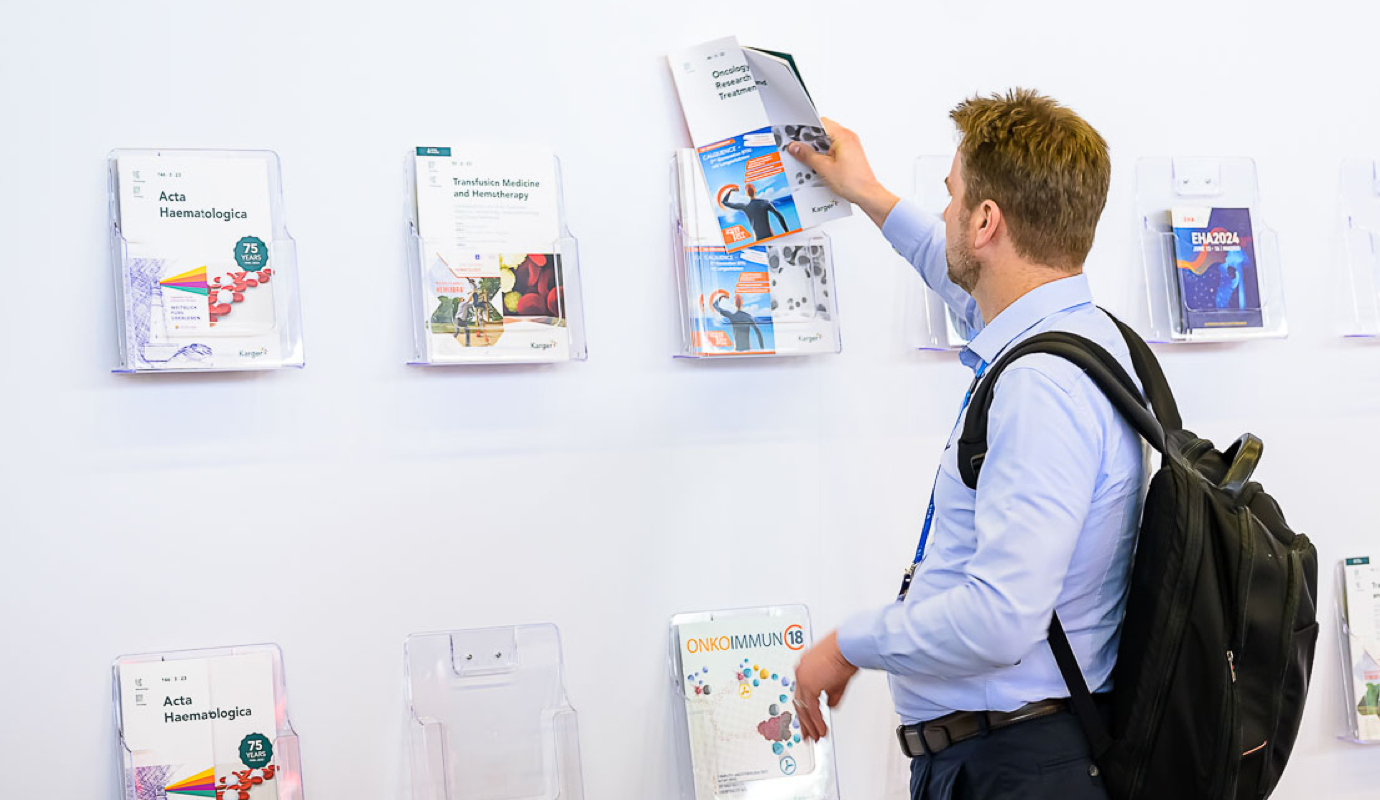

BACK UP
The EHA Board and its committees are supported by the Executive Office, located in The Hague, the Netherlands. An international team of staff works in a dynamic, collaborative, and open environment, taking pride in serving the hematology community in Europe
and beyond.
EHA Committees and units
EHA is composed of 19 active committees and units set up by the board to perform specific tasks and activities:
Community and Stakeholder Committee (CSC)
The CSC promotes the value of EHA and membership by providing guidance on membership strategies, engaging EHA members, building online communities, and collaborating with National Societies and Sibling Societies.
They aim to share knowledge with hematology communities in less-resourced countries and create new opportunities for all stakeholders.
Curriculum-Exam Committee
The Curriculum-Exam Committee aims to promote harmonization in hematology training by offering tools and programs that support this, such as the European Hematology Curriculum and the European Hematology Exam.
European Board for Accreditation in Hematology (EBAH)
EBAH promotes harmonized high-quality Continuing Medical Education (CME) to provide the highest possible standard of patient and public healthcare within Europe.
It aims to be the reference accreditation board in Europe for unbiased and transparent CME in Hematology.
Education Committee (EC)
The EC promotes excellence in hematology education through high-quality learning programs online, live meetings, and blended methods. Harmonizing hematology education is driving all ECs programs, activities, and actions.
EHA-ASH TRTH Joint Oversight Committee
The EHA-ASH TRTH Joint Oversight Committee aims to support translational researchers in their career development through the EHA-ASH Translational Research Training in Hematology (TRTH).
European Affairs Committee
The European Affairs Committee represents and promotes the interests of hematology and hematologists by engaging with EU institutions and other relevant stakeholders.
Fellowships and Grants Committee (F&GC)
The F&GC is responsible for assigning EHA funding to talented researchers.
Good Governance Committee (GGC)
The GGC is responsible for guarding EHA’s image, position, and performance as a non-profit membership organization for the public benefit, according to international standards and procedures on good governance.
Guidelines Committee (GC)
The aim of the GC is to promote and support the creation and adoption of guidelines for diagnosis and treatment of hematologic diseases, in close collaboration with EHA Specialized Working Groups.
HemaSphere Editorial Board
The Editorial Board reviews and selects articles, promotes HemaSphere, represents the journal, and ensures its quality and growth, aiming to establish it as a reputable society journal for European hematology research and related scientific news.
Nomination Committee (NC)
The NC ensures the quality of the EHA Board by considering scientific and educational backgrounds, and by balancing competencies, fields of interest, geography, and gender. The NC is also responsible for the nomination and ballot of EHA’s Education & Mentoring Awards.
Online Case Unit
The Online Case Unit ensures the quality and consistency of all cases presented at EHA Tutorials and available
on the EHA Campus.
Patient Advocacy Committee (PAC)
The PAC brings European umbrella patient organizations in hematology together to ensure patient voices are heard in EHA. The establishment of this committee reflects the importance of establishing an ongoing, mutually beneficial dialogue between hematology professionals and patients.
Research Committee (RC)
The RC is responsible for further strengthening EHA’s interactions with, and relevance for the wider hematology research community by improving existing activities and developing new initiatives.
Scientific Program Committee (SPC)
The Scientific Program Committee is responsible for creating a scientific and educational EHA Congress program that stands out in excellence and includes latest insights in hematology research and clinical practice.
Scientific Program Committee (SPC) Advisory Board, EHA Congress 2024
The Advisory Board supports the SPC with the creation of a scientific and educational EHA Congress program that stands out in excellence, and includes the latest insights and findings in hematology research and clinical practice.
Sponsor and Fundraising Committee (F&SC)
The F&SC is responsible for generating financial resources to support EHA’s activities through an attractive sponsor program and diversify the sources of income by launching new sponsor programs.
SWG Committee
The SWG Committee is the coordinating body of the EHA Specialized Working Groups, which aims to strengthen collaboration between the different SWGs and between EHA and SWGs. Its members are selected within the SWGs and by the SWG Committee.
YoungEHA Committee
YoungEHA represents the voice of young hematologists and junior members within EHA.
A full description of their goals and responsibilities is available here.
Prof Kirsten Grønbæk
Secretary
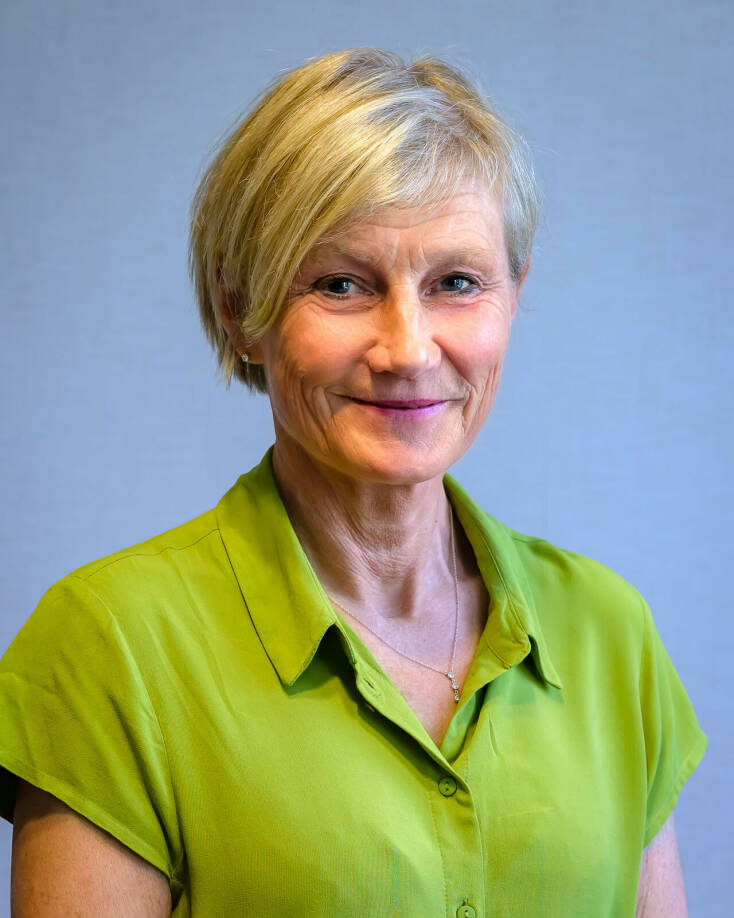
Prof Brian Huntly
General Member
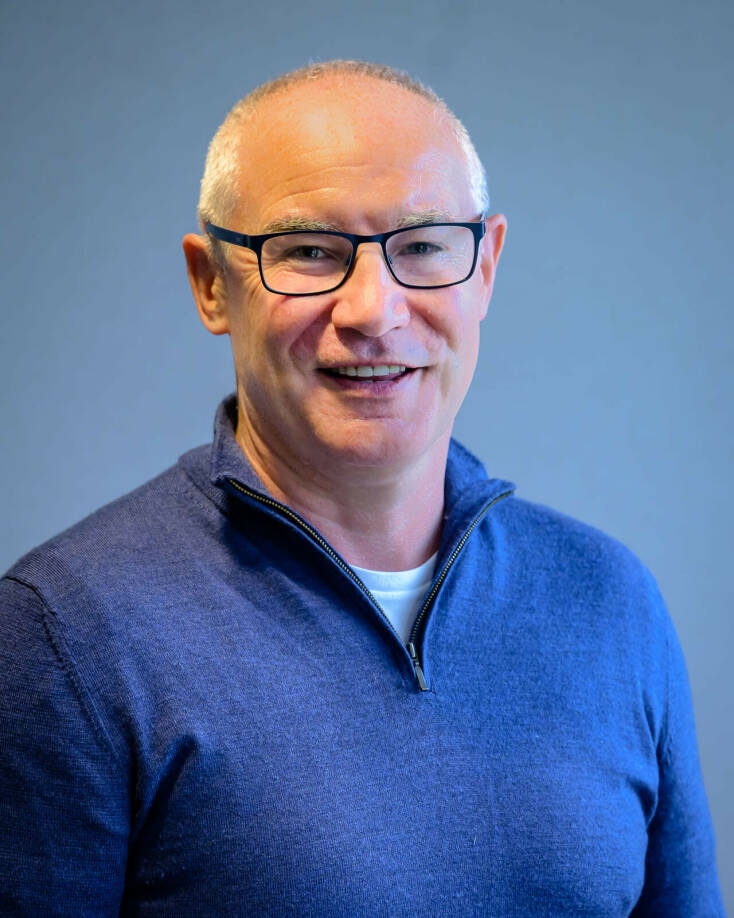
Prof Martin Dreyling
Treasurer
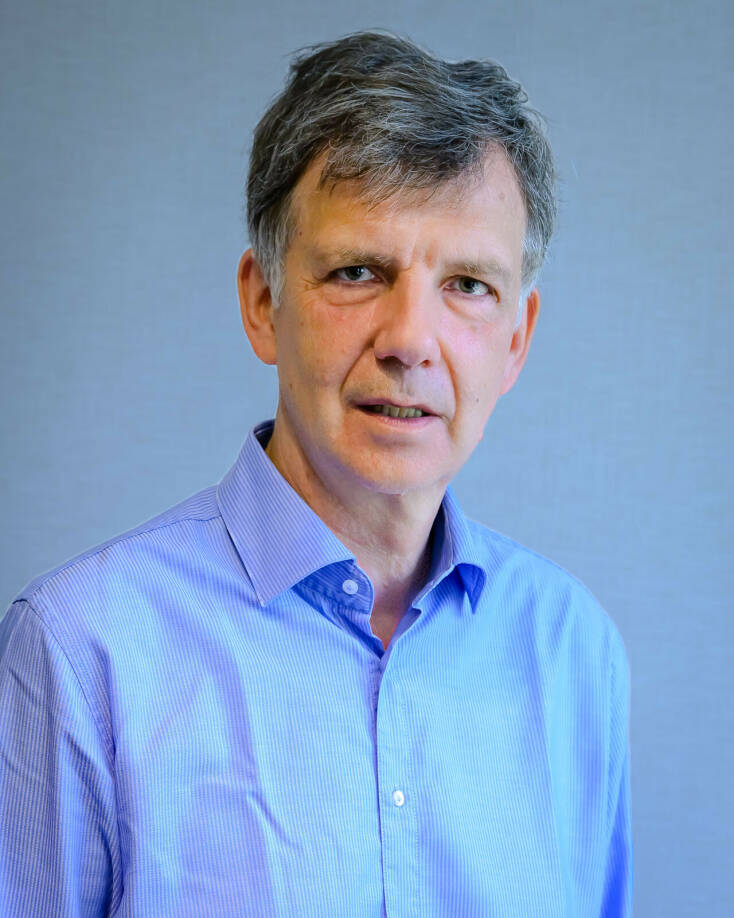
Prof Konstanze Döhner
President Elect
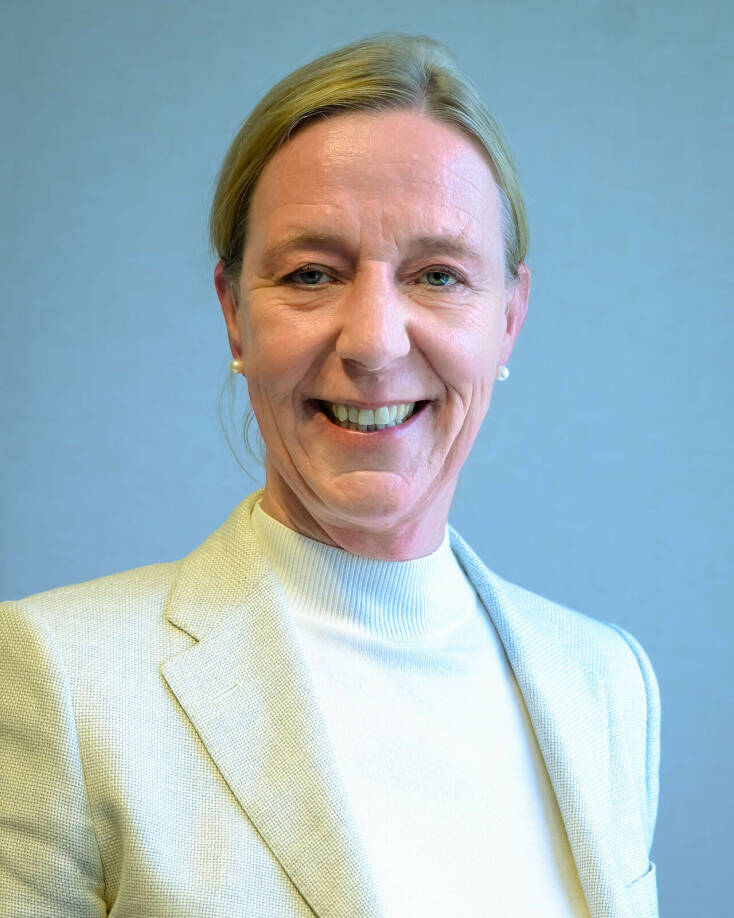
Prof Elizabeth Macintyre
Past President

Prof Antonio Almeida
President
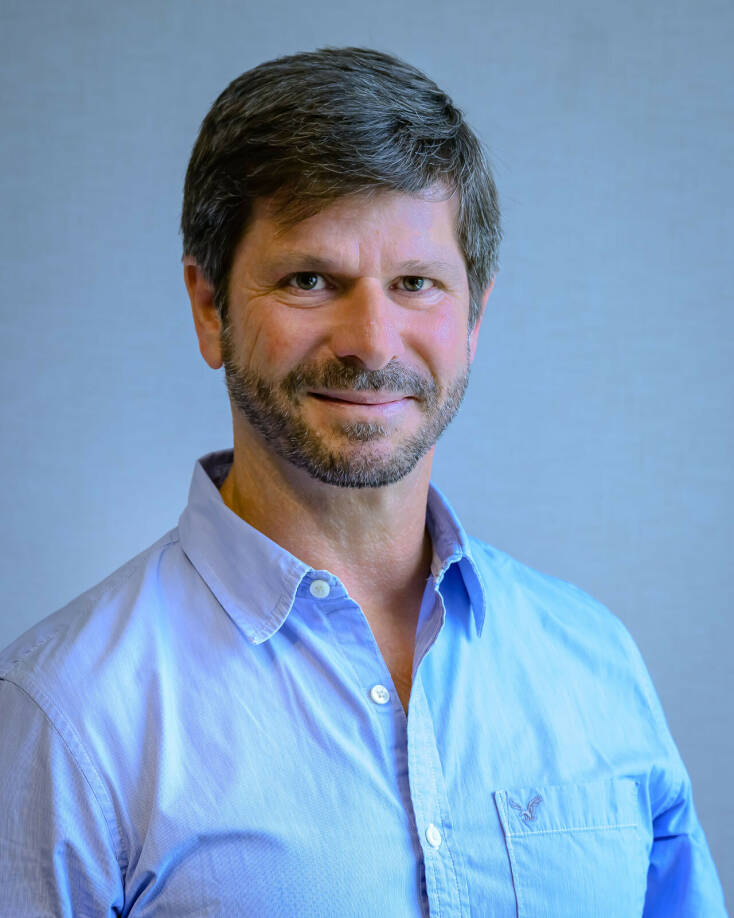
The 2023 board councilors are: Prof Meritxell Alberich Jorda, Prof Hermann Einsele, Prof Mariane de Montalembert, Prof Maria Chiara Bonini, Prof Jean-Pierre Bourquin, Prof Frank Leebeek, Prof Jose Maria Ribera, Prof Raul Cordoba, Prof Dominique Bonnet, and Prof Margarita Guenova.
Find further details about the board here.
Executive Board:
EHA Board
The EHA Board is the governing body of the association and deals with issues of policy. The Board sets goals and objectives of the association in conformity with EHA’s statutes.
In addition to work planning and budgeting, the board played a pivotal role in 2023 by participating in the organization’s revamp process, defining core values, and setting strategic priorities.
The EHA Board is composed of six Executive Board members and ten councilors.
30+ years
serving the
hematology community
EHA is Europe’s largest membership organization to serve healthcare professionals with an active interest in hematology. Powerfully focused, we work with researchers, clinicians, patient support groups, members and other stakeholders towards a cure for all blood disorders. We believe strongly in our core values of independence, integrity, and transparency, and in consistently delivering on our mission statement of promoting excellence in patient care, research, and education in hematology.
We are strongest together.

